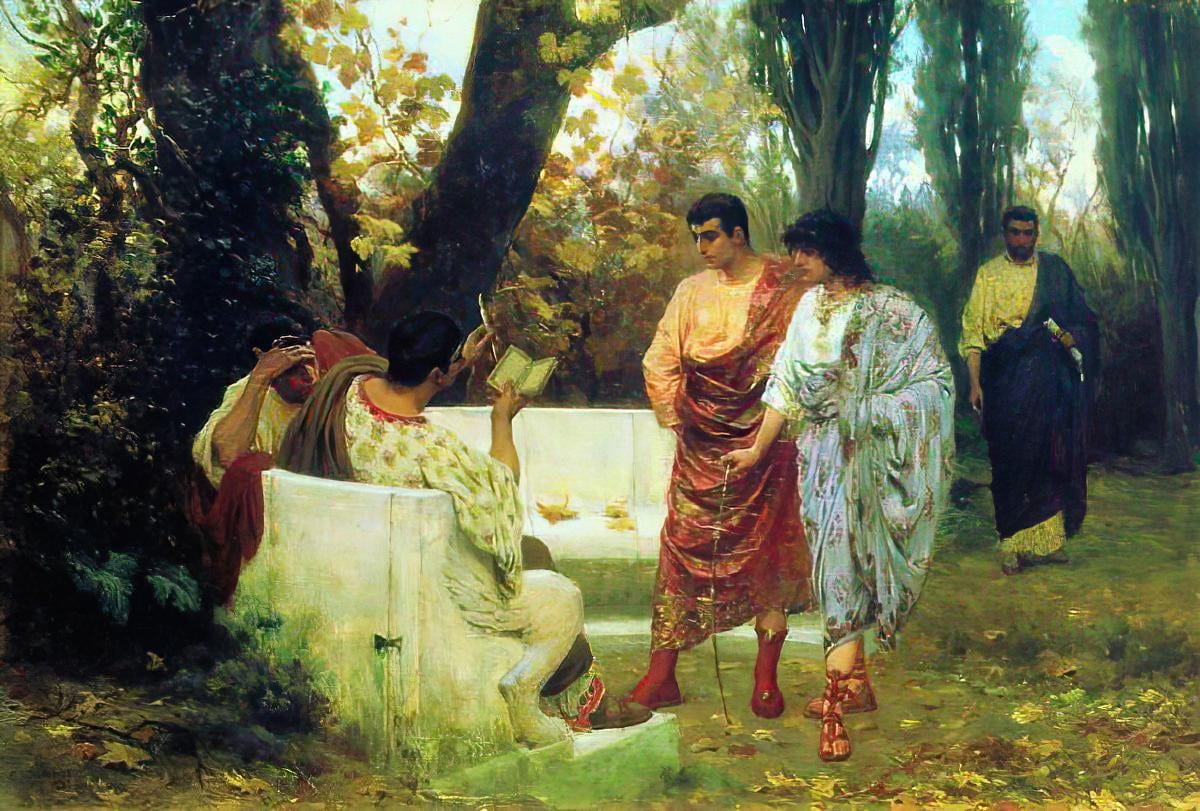BLM x CLST: A Series of Interviews with the Faculty of Penn Classics — Part 3: Professor Cynthia Damon
Future Directions and Resources
By Elizabeth Vo-Phamhi, Sara Chopra, Cate Simons
For the third installment of our Black Lives Matter & Classics series, we invited Professor Cynthia Damon to talk about the relevance of the Black Lives Matter movement and the current reassessment of past scholarship in the field. She also provides advice for fostering inclusivity in our classrooms and suggests reading material and resources for us to become better allies by listening, reading, and learning…
Read More








